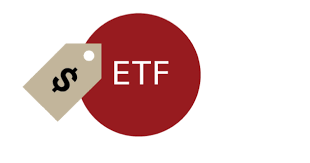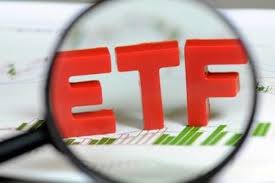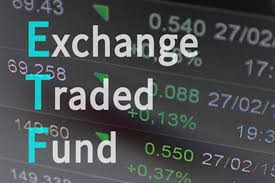How Long Do We Really Need to Hold an Investment Fund?
In the fund investment must exist in such two extremes, one is to catch up with the ups and downs, holding time extremes, even less than 7 days to buy and sell the redemption, the other is a long-term investment, holding time is too long, after buying never sold again.

In the fund investment must exist in such two extremes, one is to catch up with the ups and downs, holding time extremes, even less than 7 days to buy and sell the redemption, the other is a long-term investment, holding time is too long, after buying never sold again.
In fact, both extremes are not desirable, some speculators believe that seeking short-term gains, follow the wind trading, as long as the track to buy short-term hot plate, sell cold plate to earn income, but this holding time is too short, the fund's redemption costs are too high, however, holding time is also prone to lead to income spit back, in the "long-term investment" has become the mainstream values of the fund investment today, many investors blindly believe in this slogan, that as long as the buy set will not easily let go.
In this case, how long do we need to hold our fund investments?
Here's where it comes down to a case by case analysis. Even if you are bullish on a fund or choose to invest in an undervalued index fund, it is important to conduct a staged evaluation and decide after that. whether or not to continue to hold it, so holding it for the long term is not a given, but rather a lengthening of the investment horizon as the fund is evaluated over and over again. The end result is a long-term investment.
When the fund becomes too small, there is a risk of liquidation, the change of manager leads to a sharp deterioration in performance, and there is a better choice of similar products, then we need to get out of the fund and switch to another fund in time.
Here we mention three principles for switching.
1. Changes in fund managers
As we've said before, you can't just let go of a fund after you've chosen it, but you need to keep an eye on the status of the fund all the time. For example, active funds have the most important fund managers. Because different fund managers have different investment styles and strategies, once a fund changes managers, it is necessary to cause our High attention is paid to whether the manager's investment strategy has drifted, whether the manager is less able to invest than his predecessor, and if there is a fund performance deterioration for more than four weeks (because after a change of active fund manager, the new manager needs a period of adjustment), at which point the Need to choose a stop loss.
2. Better similar product
With the proliferation of funds and ever-changing policies, there may be even better funds a year or two after we buy them. Or the fund that appears to have lower fees among funds of the same type. Among the same type, same performance of index funds, of course the preference is for the fund with lower fees. And when you encounter an index-enhanced fund, if the long-term excess returns can be higher than the fees of the original fund, then you can also consider replacing it, of course A full comparison is needed here, and transaction costs need to be considered.
3. Changes in personal risk appetite
As our own risk appetite changes, we sometimes need to make appropriate adjustments to our investment funds. For example, when one's income increases and one's risk tolerance increases, then one can hold funds with a higher risk rating, and when money is tight, then one can hold funds with a higher risk rating. When you can't make ends meet, in order to improve the liquidity of the fund, this needs to consider holding low-risk and highly liquid fund products. At a young age, one's risk tolerance is usually higher, so one can hold equity funds with a higher risk rating. As we age, our risk tolerance decreases, and it's time to choose a more robust financial product.
Of course, these three cases are not the only ones that can be changed and sold, but in the funds we hold, we need to consider at least these three principles, and when determining whether to continue to hold a fund, we can look at whether the fund manager has changed, whether we have found a better fund alternative, and whether our own risk appetite has changed.









